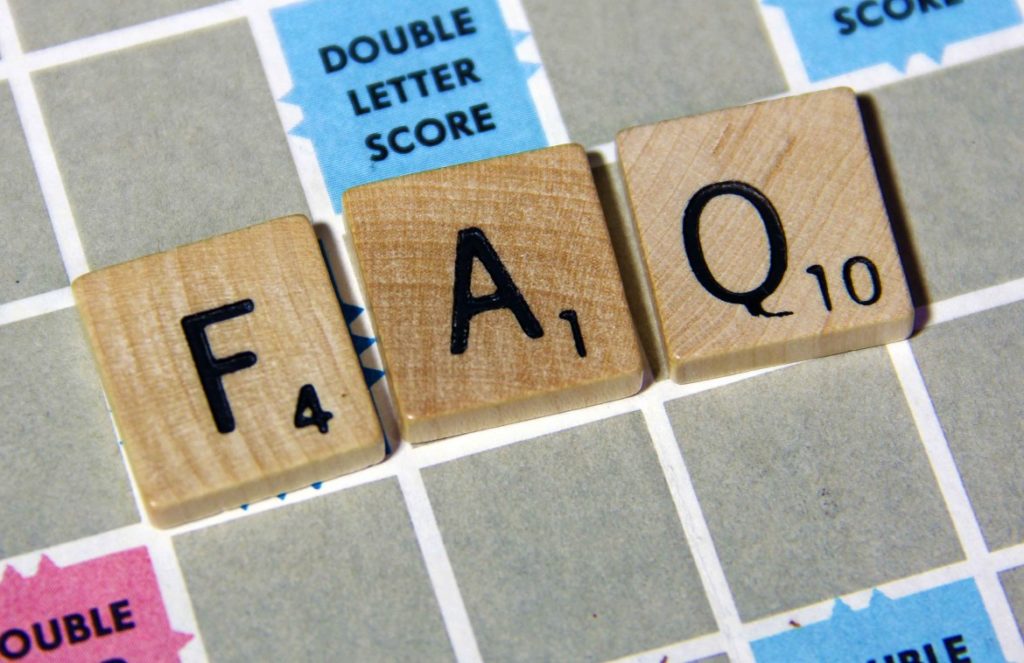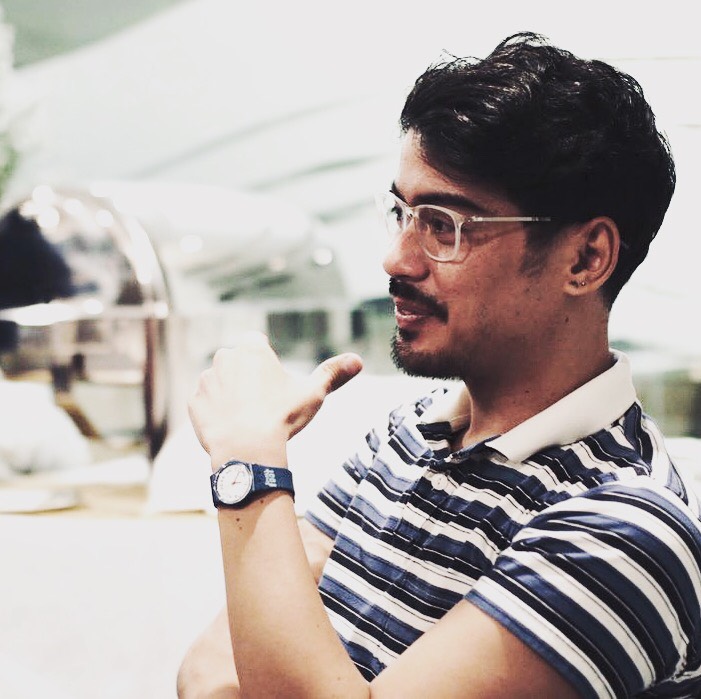
I don’t hide my HIV status. I’ve talked about how important visibility is to the advocacy. But with that visibility comes certain inconveniences. It’s not a problem or an issue; I call it an inconvenience only because, after eleven years of being public about my status, it gets exhausting.
I’m talking about the frequently asked questions that people have the moment they find out I’m HIV positive. And funny enough, of the many people I meet, the ones with the most questions — and who ask the following questions — are people 30 years old and above. The younger generation who find out about my status don’t even ask these questions. I think that’s a sign of progress. But this is not a statistic really worth mentioning because this is based on my personal experience and not data gathered; it’s just a general observation.
Before we get to the questions, I want to describe what usually happens before they ask the question. Every time I mention my status, I could do it in a joke or as-a-matter-of-fact type of way and never to elicit some form of response. I’ve always tried to normalize being HIV positive in everyday situation.
When I mention it, the people who do not know will usually make slight gesture — a quick glance at me, a tilt of the head, a slight jump, ruffled eyebrows — and then I usually feel their eyes on me, trying to find out if I’m joking or if I really just confessed it. Often times, they will ask me, “You have HIV?” And I respond and I tell them I’m open about my status and they ask “Since when?” and I tell them, “since 2008.”
Seldomly, they drop the subject. We continue talking about what we were deep in conversation over but sometimes it goes back to my status.
I described the whole scenario because I realise there’s still a long way to go when it comes to normalizing being PLHIV in the country. Nobody responds that way with diabetics. I have even seen a person admit having Epilepsy and someone just asked, “Really? Do you take meds? What’s that like?” It was very calmly. There was no embarrassment or shame.
I mention I’m HIV positive and suddenly there’s tension in the air.
Is this stigma? I’m not sure. I’ve been comfortable with my status for so long because I’ve been surrounded by wonderful people who don’t discriminate against me for being positive so I don’t know if this is an example of the stigma.
All I know is that I have to say these things out loud as often as I can, to as many people as possible, in regular, normal, everyday conversation so that people would be more accepting of it.
Frequently Asked Questions
Now, the frequently asked questions. People I talk to who discover I’m HIV positive will ask certain questions and, many times, they return when it’s just the two of us so they can ask privately.
This tells me that there are people who are still afraid to openly show their curiosity. This tells me that this is still not a topic people talk about with friends or family; that discussing HIV in public comes with a stigma, a sense of shame. My big question is why are people afraid to even ask questions?
One of the first questions they usually ask is how did you know you had HIV? I then explain my medical history in 2008; how I was getting sick by a major infection every month from January to July until I finally decided to get the test in August. I think this is very telling that a lot of people want to know if there’s a way to tell if someone is positive just by looking at them. There is none. There is no way to tell if a person has HIV or not just by looking at them. They ask how does it feel like or if I could tell during that period and I always tell them you don’t feel a thing when you have HIV. And when you’re sick, you’re just sick. When they ask this, it tells me they are afraid to take the test. It tells me they sometimes think they might get it or might have already gotten it.
It tells me that we really have to strengthen the advocacy for taking the test. It is the only way to know if a person has HIV or not.
Another question they almost always ask is when and how did you tell your parents/family? This is an important question because it tells me that people are afraid that if they got it, their family will not accept them. We always talk about how strong family bonds are amongst Filipinos but when it comes to HIV, we are afraid to test those bonds.
I have had strangers tell me they suspect their brother or cousin or child has HIV but they are messaging me because they don’t know how to tell them they suspect, or in some cases, that they actually know. But then again, I have also come across PLHIV who were kicked out of the house when their family discovered they were positive.
Do you know who gave it to you is also a usual question, which I interpret as an interest in one’s sexual activities. Is there an assumption that it’s so many that I wouldn’t know? Or, does the question entails asking if I’ve confronted the person about it? I guess, in order to build a complete picture of this story, one needs someone to blame. I have a suspect and I informed this person right after I was diagnosed and I have left it at that. I have never bothered trying to find out who gave it to me.
At the end of the day, I am as much to blame for my infection as the person. I suspect we both didn’t know and we were both reckless enough to have sex without protection.
One of the first few questions people ask after finding out about my status is Are the treatments free? Yes. The Department of Health gives the ARVs for free, and the PhilHealth Outpatient Treatment (OHAT) Package is there to provide the means to bridge the gaps in supply. PhilHealth membership allows PLHIVs benefits as long as one is on ARVs, and is up to date on contributions — whether as a self-employed individual contributor, someone who is employed, someone benefitting from the indigent or sponsored membership, or is a dependent of a member. OHAT benefits also depend on your treatment center — some public hubs cover all labs, some cover only a few of the essentials. When you are enrolled in a private hub with expensive labs, sometimes you only get limited coverage and a lot will be out of pocket or under one’s HMO. Immediately, people are thinking about what life is going to be like after diagnosis. Some people still ask if there’s a cure. There’s none. There are news reports coming out every two or three months about some study that might be on the right track to a vaccine or a cure but we are still far away yet.
When they go through the cycle of the above questions, and they see that I’m completely comfortable with all of this, then they start to open up. They talk about their fears, the things they’ve done, and they ask about whether they could get it and then they’d describe what they did. They talk about all the times they did it without protection. It’s an outpouring of emotions.
I don’t know. Maybe seeing someone and talking to someone with HIV allowed them to confront their issues and their fears. Hopefully, it forces them to take the test and to start using protection.
It really informs me about the kind of society that we have. This repression and shame over something that is natural and commonplace; it’s just hidden, not talked about in public.
It’s kind of annoying for me. After eleven years and answering these very questions over and over again in public forums, on television programs, magazine and online interviews and it is all the same answers but I have to say over and over again.
Because we still don’t know and we’re still afraid to ask and we’re still afraid to open the conversation.
We have to keep talking about it.
Blood Makes Noise
Wanggo Gallaga

